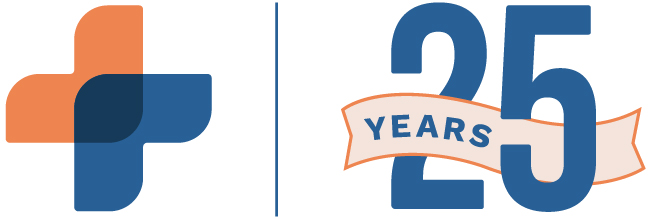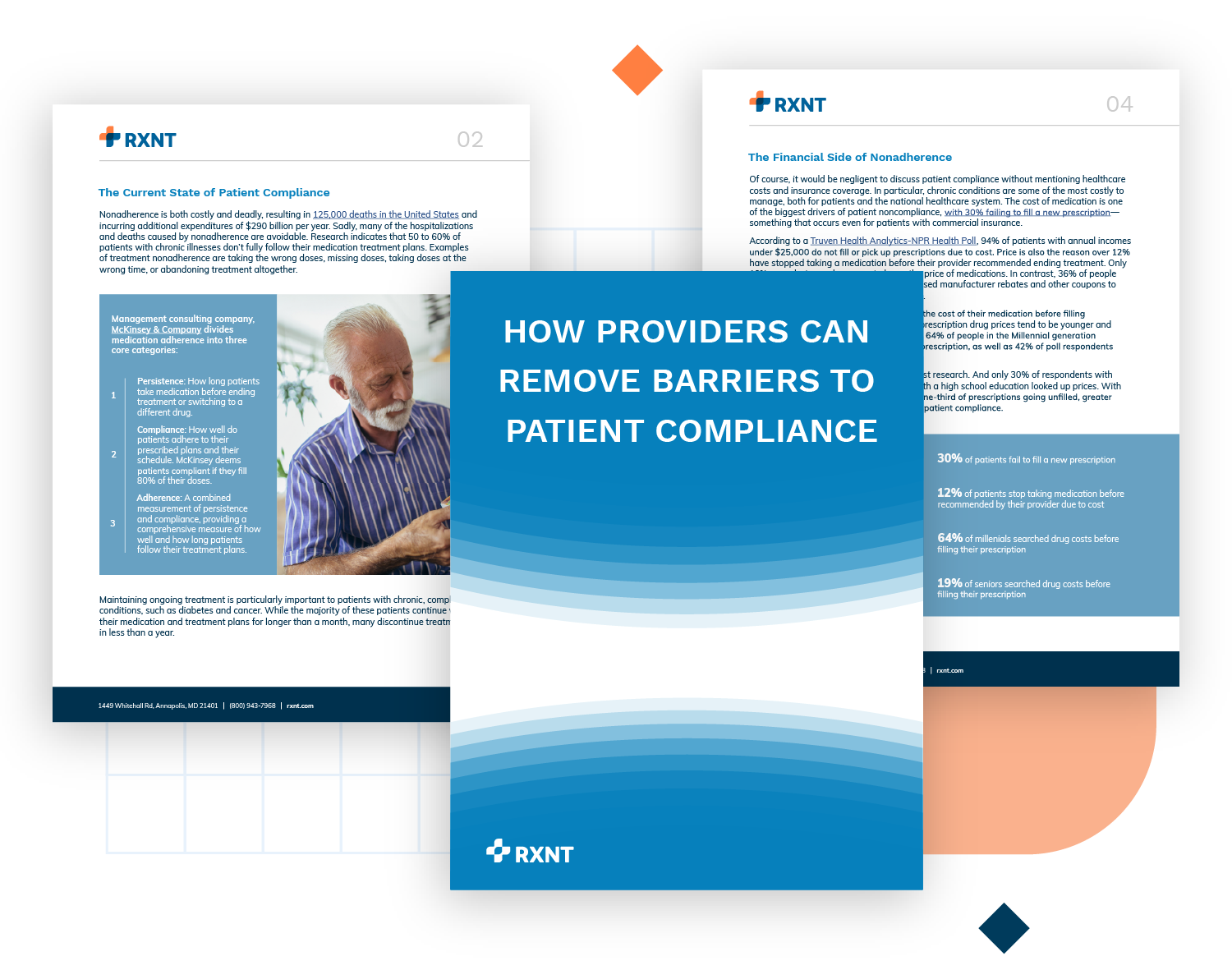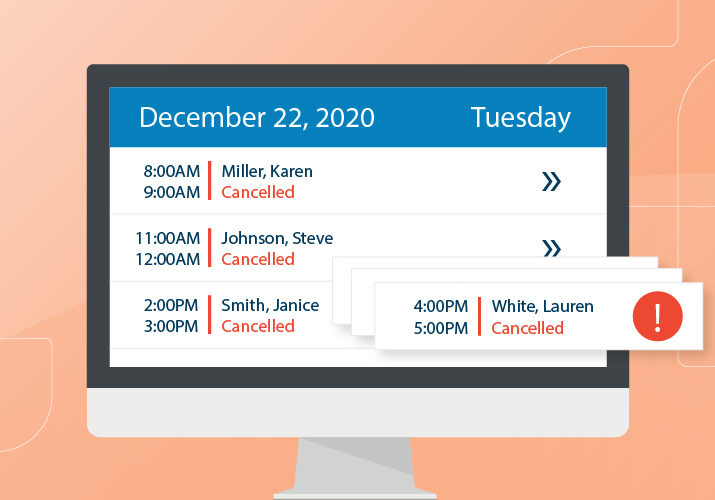For Better Adherence, Providers Should Leverage Communication, Empathy, Collaboration, & Education
The best medication and treatment plans in the world aren’t effective without patient compliance. Providing patients with clear guidance about their medication and how it is to be taken—as well as the role medicine plays in their treatment plans—helps to overcome barriers to adherence.
Maintaining ongoing treatment is particularly important to patients with chronic, complex conditions, such as diabetes and cancer. While the majority of these patients continue with their medication and treatment plans for longer than a month, many discontinue treatments in less than a year.
What's covered in this guide?
-
What is the current state of patient compliance?
Nonadherence is costly and deadly, resulting in 125,000 deaths in the U.S. per year.
-
The financial side of nonadherence
Healthcare costs and insurance coverage are a leading cause of nonadherence.
-
How to improve patient buy-in
Communication, educational resources, and technology helps engage patients.
Get the full white paper
We build software for physicians and healthcare professionals. If you are a patient, please contact your doctor. If you are having a medical emergency or need urgent help, call 911.
White Paper Download
"*" indicates required fields
Regrettably, of the 3.8 billion prescriptions written annually in the United States, over 50% of those prescriptions are taken incorrectly or not at all.
Source: CDC.gov





